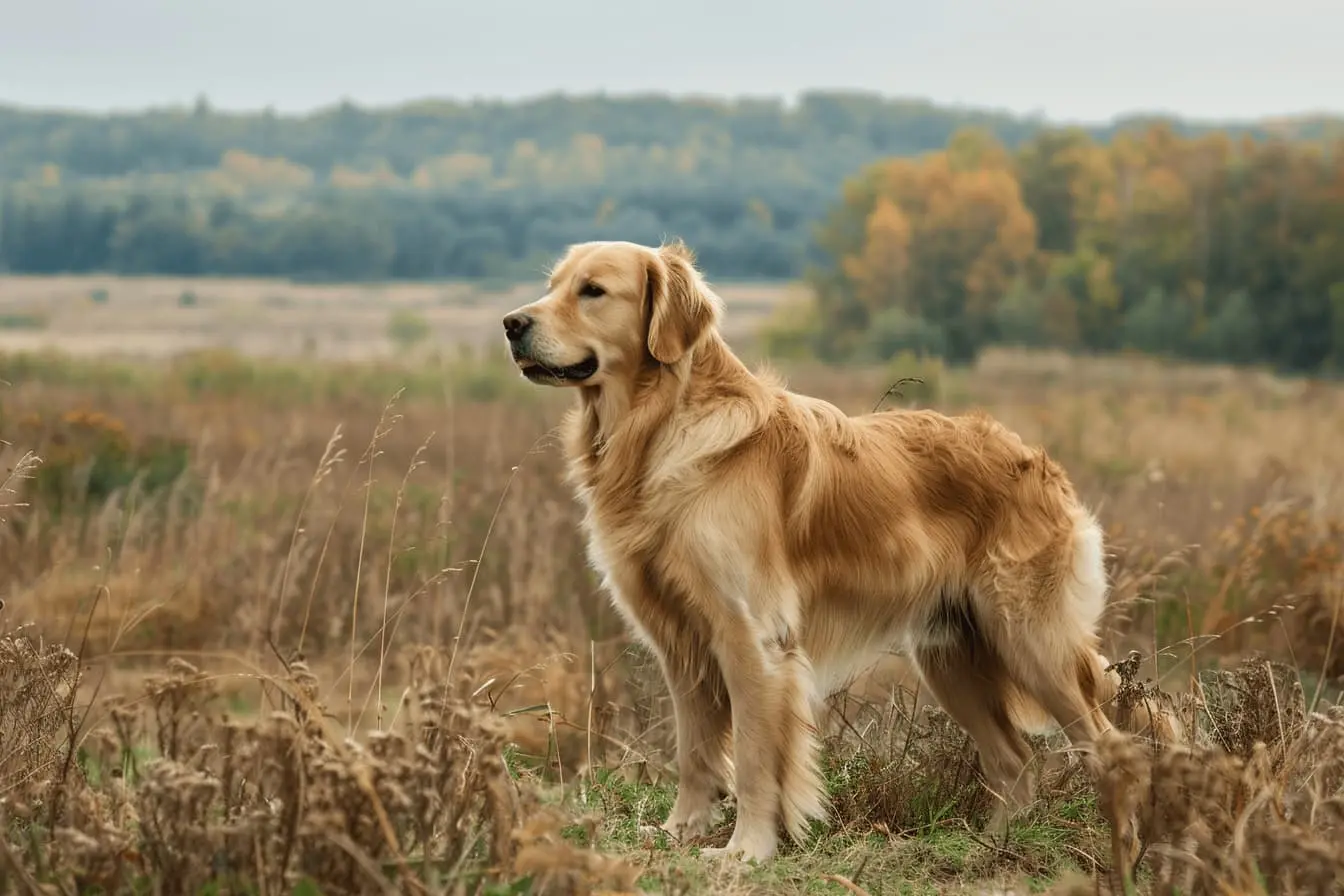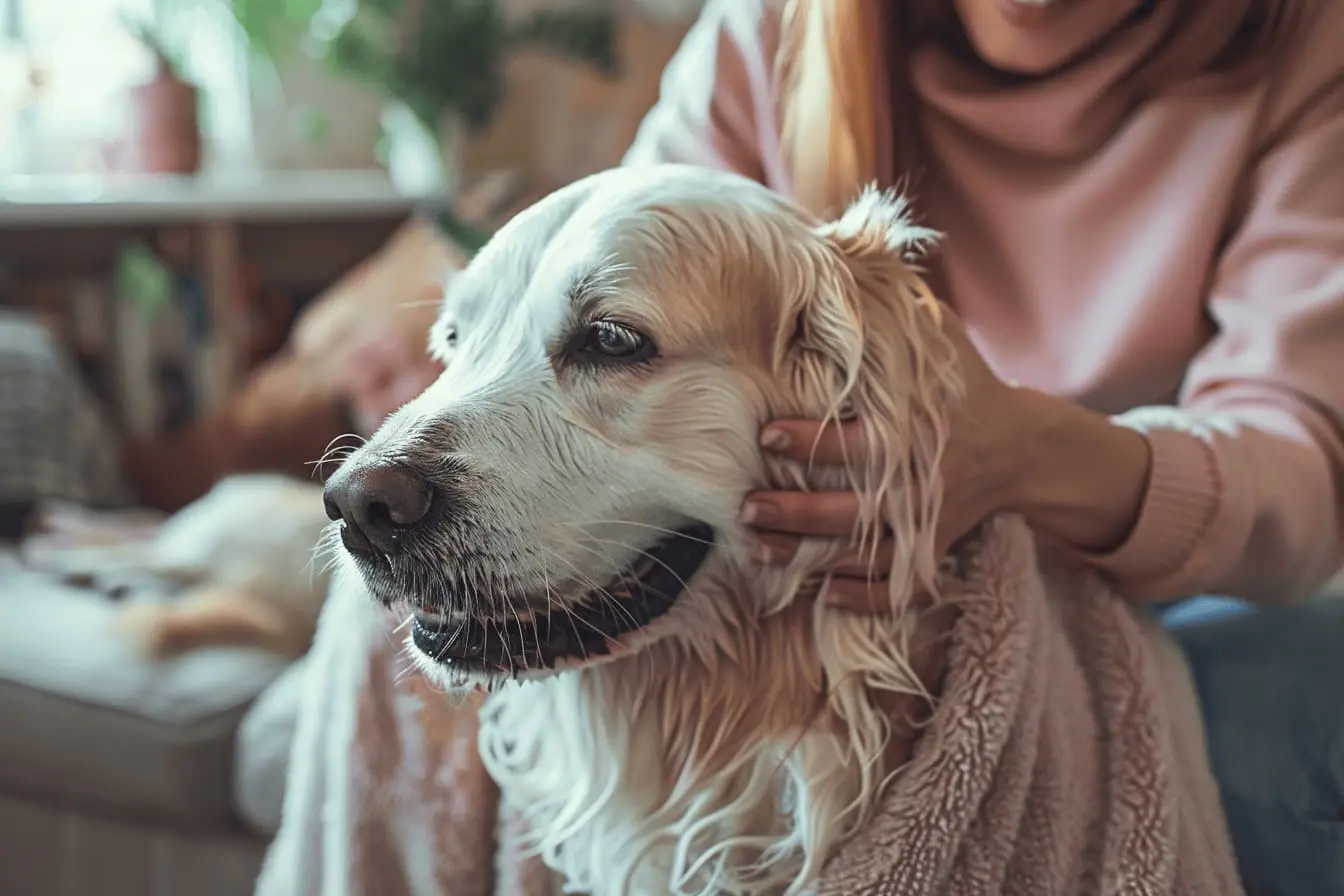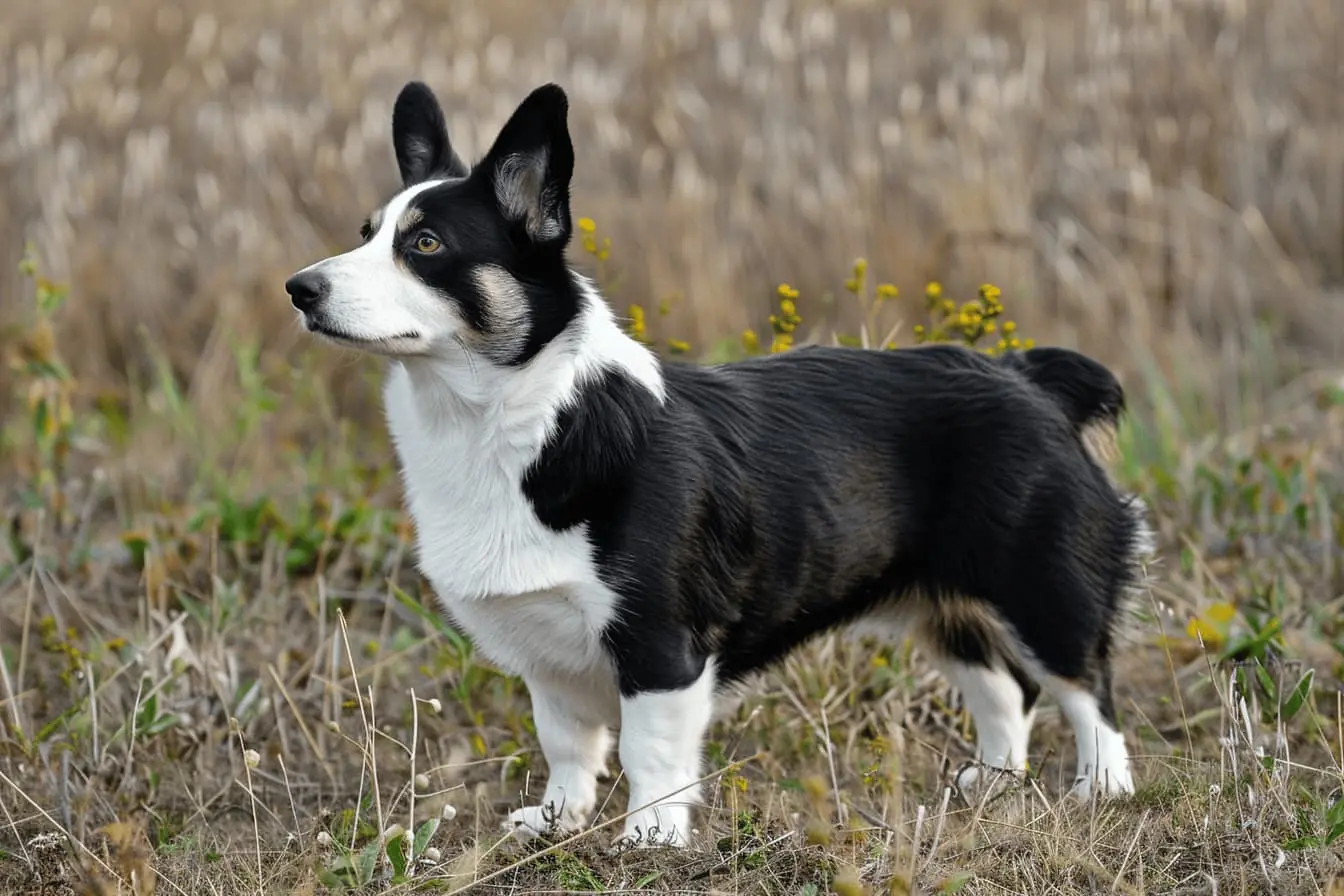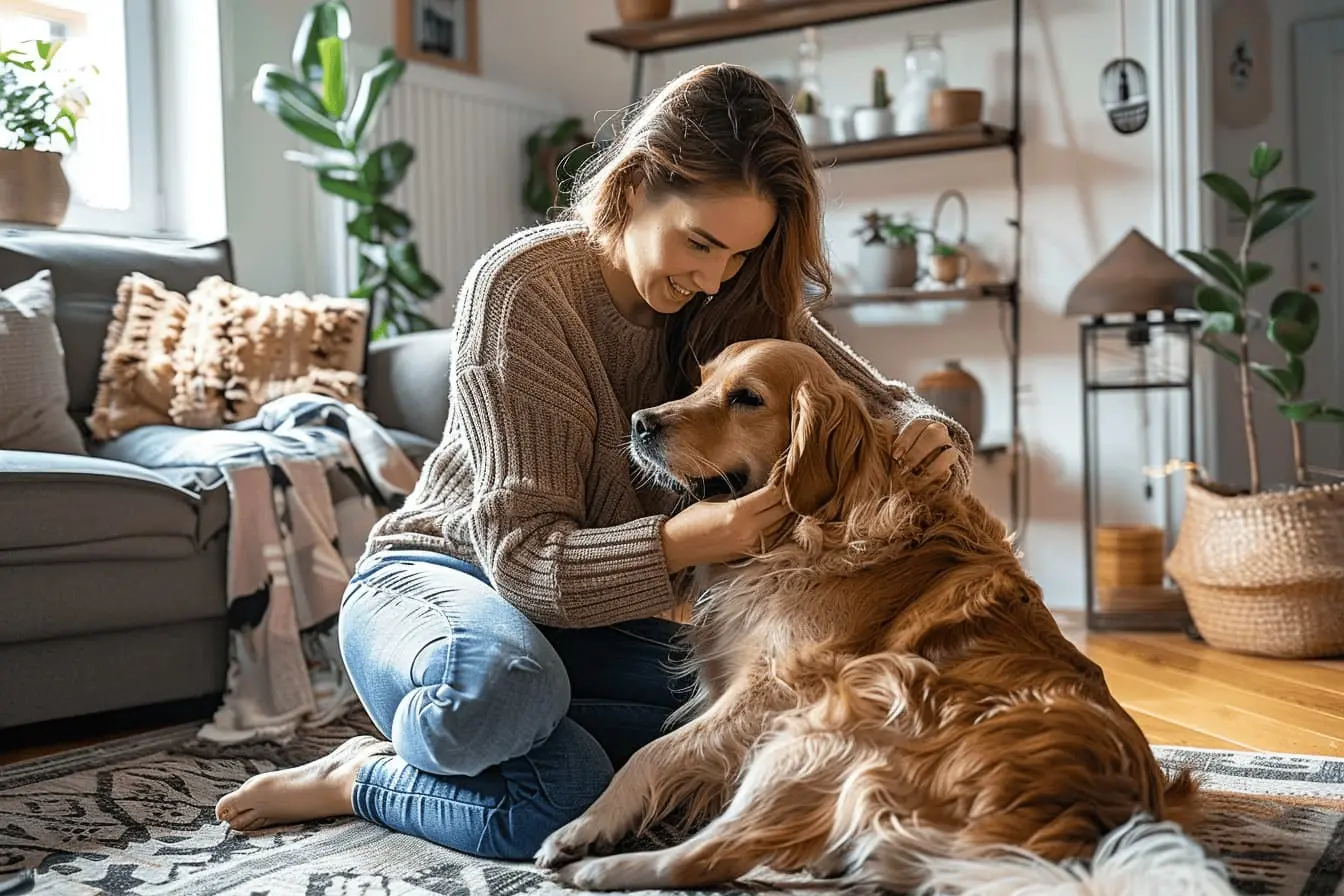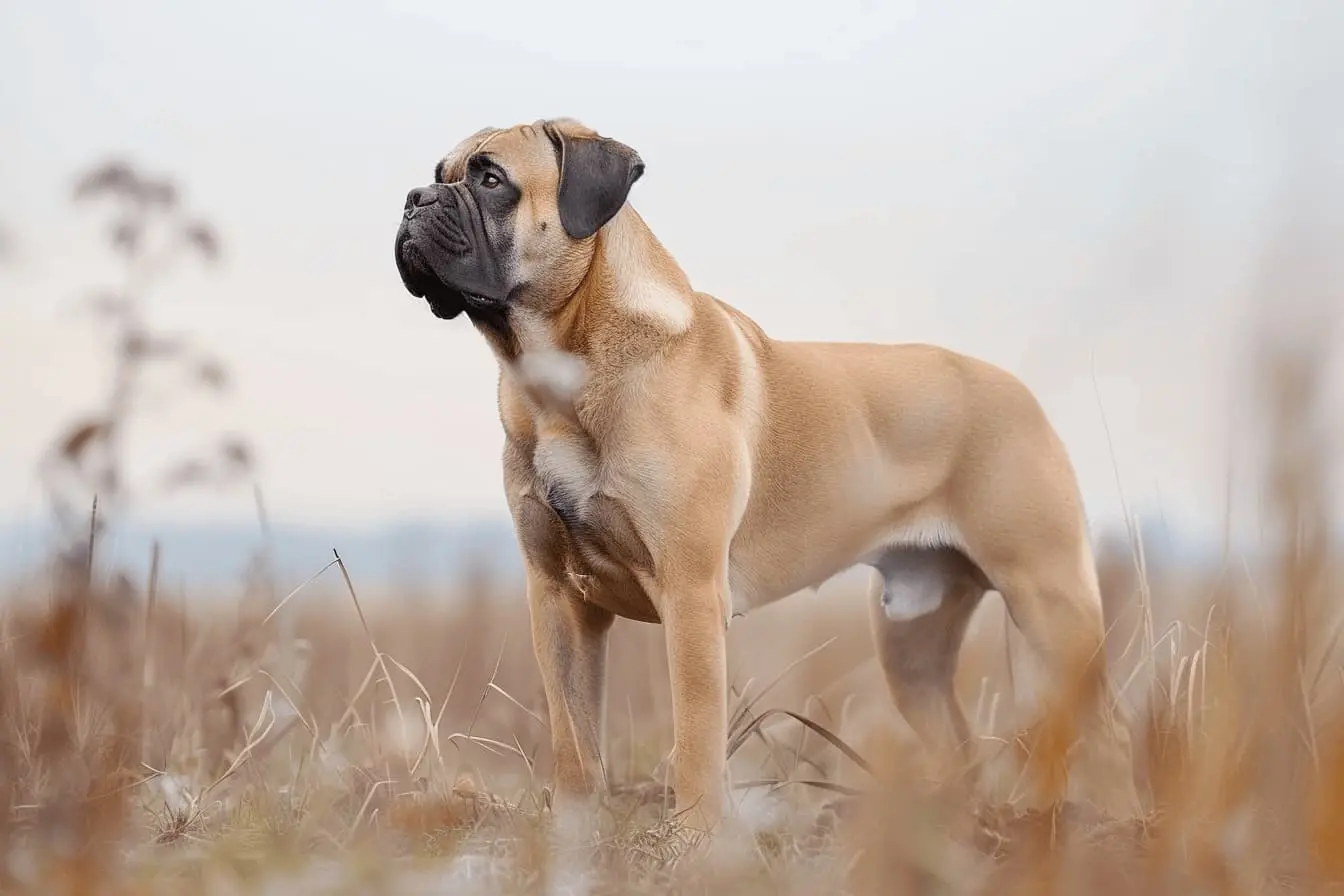
The Bullmastiff: A Gentle Giant for the Right Home
The Bullmastiff, a breed known for its imposing size, protective nature, and gentle temperament, offers a unique combination of strength and sweetness. Originally bred in England to guard estates from poachers, the Bullmastiff has evolved into a loyal family companion, admired for its courage and affection. If you're contemplating adding a Bullmastiff to your household, it's crucial to understand the breed's specific needs, behaviours, and care requirements. This guide aims to provide prospective Bullmastiff owners with a comprehensive overview to help make an informed decision.
Breed Overview
The Bullmastiff is a large breed, with males standing 25-27 inches at the shoulder and females slightly smaller at 24-26 inches. They typically weigh between 45 to 60 kg, sometimes even more. Despite their formidable appearance, Bullmastiffs are known for their loving nature and strong desire to be with their families.
Physical Characteristics
- Size: Bullmastiffs are robust and muscular, built for strength and endurance.
- Coat and Colour: They have a short, dense coat that comes in fawn, red, or brindle. Their coat is relatively low maintenance but does require regular brushing.
- Lifespan: The average lifespan of a Bullmastiff is about 7 to 9 years, which is typical for dogs of their size.
Personality and Temperament
Bullmastiffs are calm, loyal, and affectionate with their families. They are known to be particularly gentle with children, often becoming deeply attached to their human companions. Despite their friendly nature at home, Bullmastiffs are wary of strangers and have a strong instinct to protect their territory, making them excellent guard dogs.
Training and socialisation are crucial from an early age to ensure Bullmastiffs become well-mannered and confident. They are intelligent and learn quickly but can also be stubborn. Consistent, patient training with positive reinforcement is key.
Exercise and Training
Despite their size, Bullmastiffs do not have high exercise requirements. Daily walks and play sessions in a securely fenced yard are sufficient to keep them healthy and content. Due to their risk for bloat and joint issues, it's important to monitor their exercise, especially after eating.
Early socialisation and obedience training are essential for Bullmastiffs. They need to learn to behave calmly around strangers and other animals. Training should be firm yet gentle, as Bullmastiffs are sensitive to their owners' tones and can become withdrawn if treated harshly.
Health and Care
Bullmastiffs are prone to certain health issues, including hip and elbow dysplasia, cancer, and heart conditions. Prospective owners should work with reputable breeders who test for these health problems. Regular veterinary check-ups, a proper diet, and monitoring for signs of illness are important.
Their short coat is easy to care for, requiring only regular brushing to remove loose hair. Bullmastiffs can drool, especially after drinking or eating, so it's helpful to keep a cloth handy for a quick wipe down.
Living with a Bullmastiff
Bullmastiffs are best suited to homes where they can live as part of the family. They do well in both rural and urban settings, as long as they have enough space to move comfortably and securely. Their protective nature and deep bark can deter intruders, but they should not be considered outdoor dogs; Bullmastiffs thrive on human companionship.
Their size and strength require that living spaces be adapted to safely accommodate a large breed. Sturdy toys, a comfortable bed, and access to clean water and food at all times are must-haves.
Is the Bullmastiff Right for You?
If you're looking for a loyal, protective companion and are prepared to commit to their training, socialisation, and care, a Bullmastiff may be the perfect breed for you. They are suited to owners who can provide a loving home, with enough space and time to meet their physical and emotional needs.
However, if you have limited space, are away from home for long hours, or are not prepared to handle a dog of this size and strength, another breed might be a better fit for your lifestyle.
Conclusion
The Bullmastiff is a noble, affectionate breed that offers companionship and security to the right home. Their size and protective instincts require an owner who is ready to take on the responsibility of training and caring for a large dog. In return, Bullmastiffs offer unwavering loyalty, making them a cherished addition to the family. With the right preparation and commitment, owning a Bullmastiff can be a deeply rewarding experience.
Vets near you
Speciality vets
- Aquatics vet specialists
- Birds vet specialists
- Camelids vet specialists
- Cats vet specialists
- Cattle vet specialists
- Deer vet specialists
- Dogs vet specialists
- Equines vet specialists
- Exotic vet specialists
- Goats vet specialists
- Pigs vet specialists
- Poultry vet specialists
- Sheep vet specialists
- Small Mammals vet specialists
- Wild vet specialists
Vet facilities
- Accessible by public transport
- Blood testing
- Car park nearby
- Client car park
- Dentistry
- Diagnostic imaging
- Disabled public access
- Flea and worm treatments
- Microchipping
- Mobile services
- Neutering
- Open at weekends
- Out-of-hours service
- Referral interests
- Referrals only
- Street parking outside
- Toilets available
- Vaccinations
